There are so many factors, both internal and external, that affect our skin as we age. With the right lifestyle choices and skincare tricks, you can keep skin looking healthy for years to come.
Check out these tips to learn how to have great skin in your 50s and beyond.
1. Stay Hydrated
Water is vital for our overall health to make sure all of our organs function properly. The skin is the largest organ of the human body, and if you’re not getting enough water, you’ll be able to see it in your skin.
Your skin might feel tight and uncomfortable and look flaky and dry. Drink at least half your body weight in ounces of water for healthier looking skin. It’s great for your whole body and might even stave off junk food cravings.
2. Eat a Healthy Diet
You can actually eat your way to a good skin. Just like certain foods are great for keeping your bones strong or building muscle, there are dietary choices you can make to improve the elasticity and glow of your skin.
Colorful foods like berries, dark leafy greens, and whole grains provide tons of antioxidants, vitamins, and minerals to promote healthy and glowing skin. Foods rich in fatty acids, like nuts and seeds, can also improve skin tone and texture.

3. Stay out of the Sun
The American Academy of Dermatology recommends sun protection as the basis for any skincare routine. The sun is the number one cause of premature aging, so it’s important to take precautions to avoid sun damage and skin cancer. Keep out of the sun as much as you can and always wear sunscreen.
If you are going to be outside for a long period of time and can’t avoid the sun, try out sun protective clothing, which blocks the harmful rays from the sun. You should also avoid all tanning beds. If you still want that look of bronzed skin in the summertime without the sun damage, try switching to a self-tanner instead.
4. Quit Smoking
In addition to all the very serious reasons to quit smoking, like heart disease and lung cancer, smoking can also cause you to age more quickly. The movement around the mouth while smoking can cause fine lines to develop in that area over time.
Smoking also causes vasoconstriction, meaning blood vessels to constrict and cut off circulation. Smoking can also have other negative effects on your appearance, such as stained teeth, so it’s best to avoid smoking at all costs.
5. Moisturize
As we age, one of the first things to go is our skin's natural moisture. We tend to get dry and dull skin that is prone to get flaky and wrinkly. That's why a daily moisturizing routine becomes crucial as we get older.
Moisturizing in the morning and at night with a potent product like the Argan Stem Cell Serum can increase firmness and elasticity in the skin. It also helps to use products with hyaluronic acid to plump up the skin.
6. Good Skincare Routine
It’s a cliche, but it’s true — when you look good, you feel good. Skin is often the first thing you notice about someone. Having a healthy, beautiful skin that comes from using the proper products and methods for your skin type give you so much more confidence. Skincare is also an important part of a self-care ritual and can lead to adopting other lifelong healthy habits.
7. Know Your Skin Type
You might be doing all the right things and using all the right products — but for the completely wrong skin type. If a product isn’t right for you, it might actually irritate your skin and exacerbate the already existing issues.
The correct skin care routine gives your skin just what it needs and cuts out what it doesn’t. Trophy Skin developed a quick skin assessment to help you figure out your skin type. It will also provide tips on how to best take care of your skin.

8. Beauty Sleep
Beauty sleep really is a thing, it is important for skin care. Bad sleeping habits can increase stress and cause hormonal issues, which often appear on the skin such as eczema or psoriasis. Sleep is when the body repairs itself.
If you’re not sleeping enough, your skin simply doesn’t have enough time to repair itself. This accelerates the aging process when the skin isn’t fully repairing itself night after night.
Applying the right products before bed and getting a good night’s sleep will give you great skin in the morning and for other mornings to come.

9. Don’t Tug on Your Skin
If you use firm tugging or pulling movements on the skin, you are literally pulling and stretching the skin down, causing it to sag. You should also avoid harsh loofahs, rough facial scrubs, and scratchy washcloths on the face because they can actually damage the skin, rather than gently exfoliate. When you wash face, don’t press too hard. Use gentle products with a light hand.
10. Don’t Forget Your Neck & Hands
These areas are often forgotten in the skincare routine, but they are actually some of the areas that give away your age the most! The hands and neck have thin, delicate skin that shows lines when our skin starts to age.
You don’t need any fancy hand or neck cream. You can use any lotion or moisturizer on your hands and neck twice a day. You should also moisturize your entire body a few times a week to keep skin hydrated as well.
And don't forget to put sunscreen especially on the back of your hands! It helps minimize age spots.
11. Limit Alcohol
You can usually see on someone’s face when they’ve had a wild night of drinking the night before. Drinking can severely dehydrate you, causing your skin to look less plump, have larger pores, and a sallow complexion.
Try to limit your alcohol consumption when you can. If you do drink, you can follow up the next day with drinking lots of water and eating hydrating foods like watermelon and cucumber. You might want to stick to red wine too.
12. Keep Stress in Check
Life can be stressful; it’s a fact. Stress can have a negative impact on our health in many ways, including wreak havoc on our appearance. Stress often causes existing conditions, like eczema, to flare up, and can even bring about other skin issues.
The best way to take care of this is to develop coping mechanisms to deal with the inevitable stress of life. Go for walks in nature, meditate, or talk to a doctor or counselor if stress feels unmanageable. You may also want to get into aromatherapy or enjoy a long warm bath to melt your stress away.

13. Stay Active
Typically, when we think of the benefits of exercise, we think about stronger muscles, higher endurance, and weight loss. Everything in your body can benefit from exercise, even your skin.
Exercise causes increased circulation and give your face a beautiful, healthy flush. Exercise can also make you sleep better and reduce your stress — both vitally important for the skin. Just remember to apply sunscreen if you’re going to be outside.
14. Get Facials & Treatments
The massaging action of a facial, along with the moisturizing products, helps to boost circulation and stimulate collagen in the skin. There are lots of anti-aging facial treatments out there, and you can speak to an esthetician about different treatments for your specific skincare concerns.
If you can’t make it to the spa, there are so many great at-home treatments, like the RejuvaliteMD anti-aging treatment, which reduces the appearance of sun damage and improves skin texture, all at home.
15. Exfoliate
Whether you have dry or oily skin, exfoliation is important for removing dead skin cells and revealing the glowing complexion beneath. As we age, the outermost layer of dead skin thickens, so we need to slough it off.
You can use a gentle sugar scrub on the face and an exfoliating mitt or washcloth on the body about once a week, or more if you feel you need it. For a more precise exfoliation, try microdermabrasion at home. With a simple touch of a button, you can buff away dead skin cells in no time.
16. Use an Eye Cream
The skin around our eyes is incredibly thin and delicate, so this area tends to show the first signs of aging. An eye cream is generally an extra thick and potent moisturizer, and while it won’t erase crow’s feet and other fine lines around the eyes, it can keep the area hydrated to help prevent further future wrinkles.
17. Be Gentle
Skin becomes more sensitive as it ages, and harsh cleansers and exfoliators can be way too much for aging skin. Some cleansers contain harsh chemicals, so it’s key that you incorporate a gentle cleanser into your routine that removes the build-up of the day, yet doesn’t strip the skin of its natural moisture.
18. Don’t Forget Your Lips
Lips need moisture and protection from the sun just like our skin. Pay attention to what your lips need. If they’re feeling dry and cracked, use a gentle lip scrub and give them some extra moisture.
If they’re losing fullness and shape, you might want to look into switching to lip products that contain collagen-boosting ingredients.
19. Stay Away from Hot Water
Always try to stick to cool or lukewarm water when cleansing; hot water dries out the skin much faster. This goes for washing your face and bathing as well. Taking a hot bath feels so soothing, but do try to limit your time soaking in hot water if you want to avoid leaving the skin feeling too dry.
If you do end up taking a hot bath (it is great for self-care, after all), be sure to follow it up with a luxurious, hydrating body oil to replace the moisture that was lost during the bath.
20. Skip the Straw
Using a straw can cause those “smokers’ lines” around the mouth. When you purse your lips to drink from a straw, lots of little wrinkles form. It’s best to avoid the straw altogether — it’s better for the environment as well.
21. Use SPF
The sun’s rays cause the majority of all damage to the skin; it causes wrinkles, sun spots, and even cancer. It is so important to wear sunscreen every single day, no matter the weather.
If the white cast from most sunscreens tends to make you look ashy, you can add in a drop of foundation or cream bronzer to your sunscreen to add in some color and glow to combat the ghostly color of the sunscreen. As long as you cleanse your face thoroughly at night, you shouldn’t have to worry about clogged pores.
22. Use a Humidifier
Moisture in the air helps to keep skin looking dewy and youthful. If you don’t happen to live in a very humid climate, you can use a humidifier in your home to keep a healthy level of moisture in the air.
You can also buy special travel sized humidifiers to take with you on trips or to keep in your office to keep your skin hydrated on the go.
23. Avoid Sugar
Sweet treats can spike the blood sugar, which can cause blemishes and other skin issues. High sugar diets often lead to damage to the skin’s elastin and collagen production.
There’s nothing wrong with the occasional sugary treat, but processed, refined foods like sweets are simply best to avoid for the most part to lead a long and healthy life. It’s never too late to cut back on sugar.
24. Sleep on Your Back
As we discussed early, sleep is one of the most important ways to keep your skin looking healthy. However, some sleeping positions are better than others.
Sleeping on your side can cause wrinkles over time from the repeated squishing of your face onto a pillow. Sleeping on your back is best to avoid wrinkles. As a bonus, sleeping on your back is also better for your neck and back.
25. Have a Cleansing Routine
Washing your face is underrated, but it’s so important. Our face accumulates build-up from makeup, pollutants, dead skin, and bacteria throughout the day.
Be sure to wash face every morning when you wake up and every night before bed to give your face a fresh canvas and eliminate the day’s build-up. Having clean skin can encourage moisture production, help anti-aging products to work better, and balance out the skin’s pH levels.

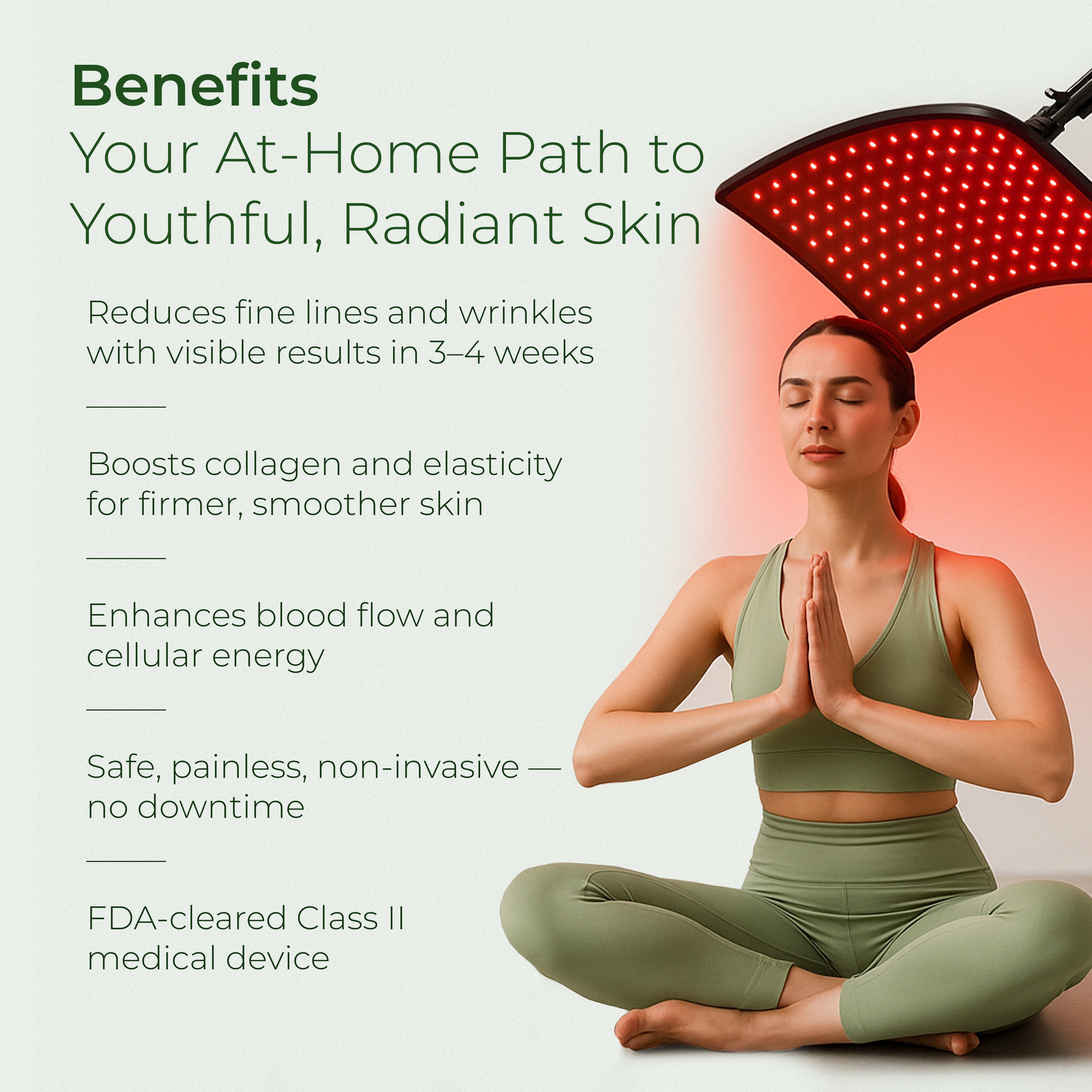
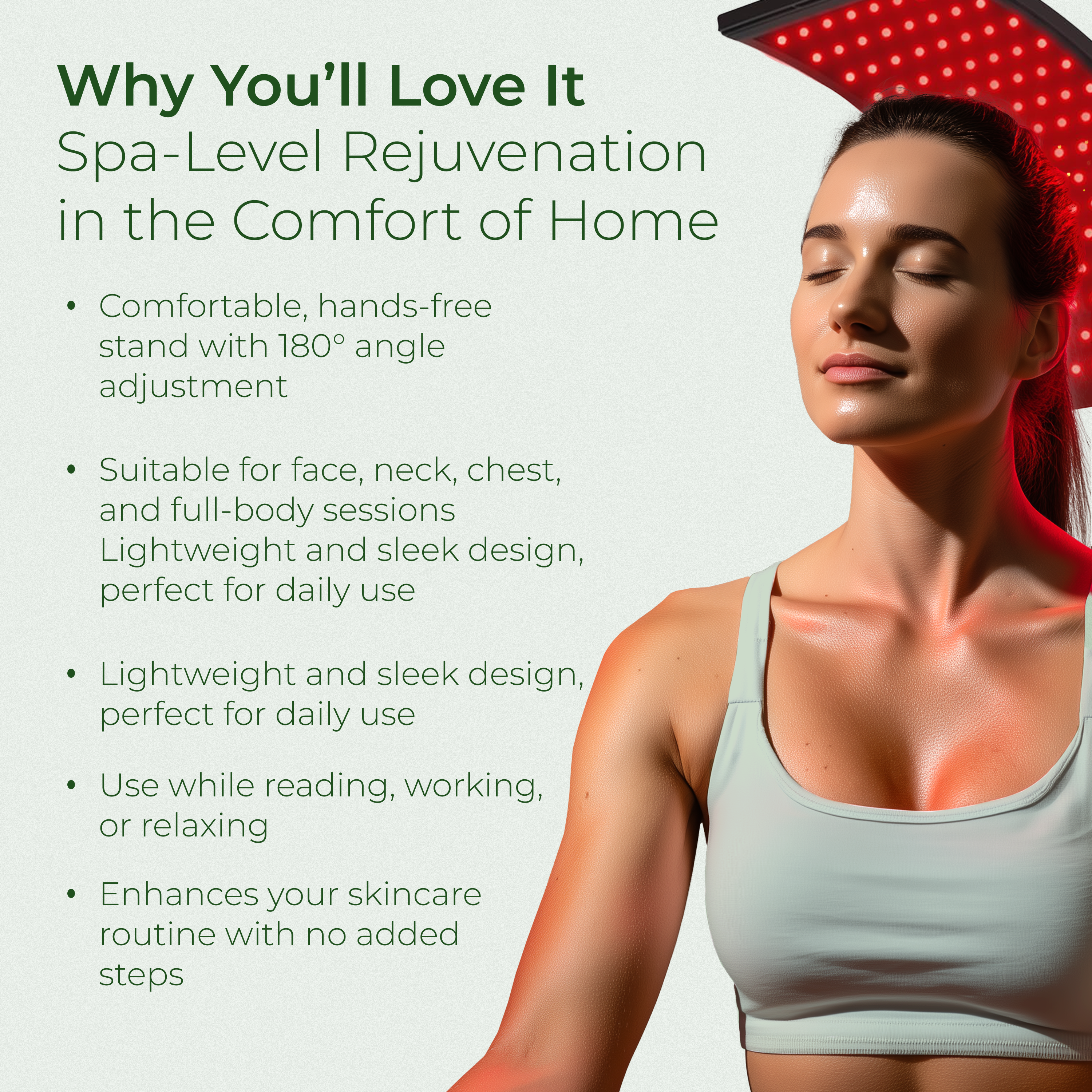
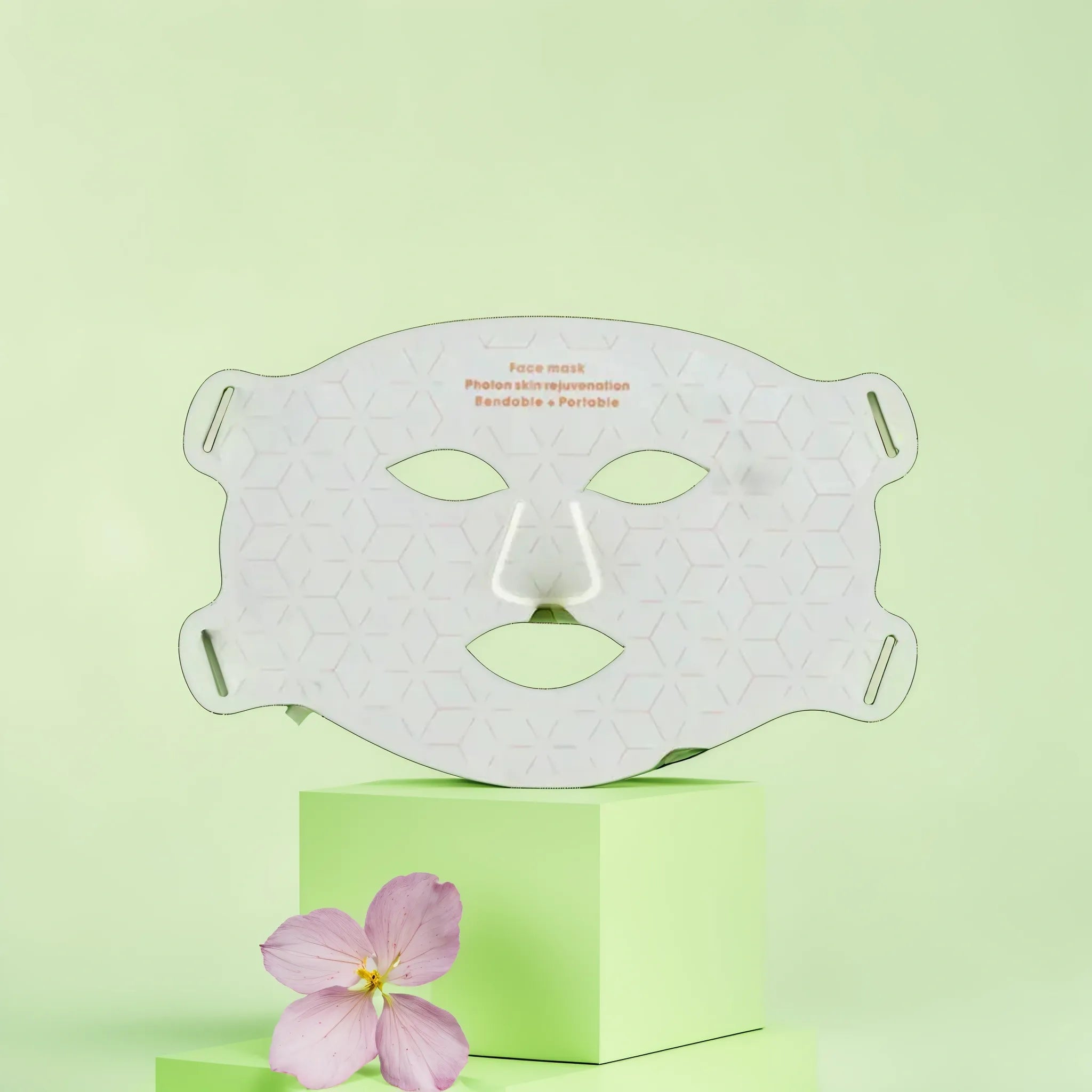
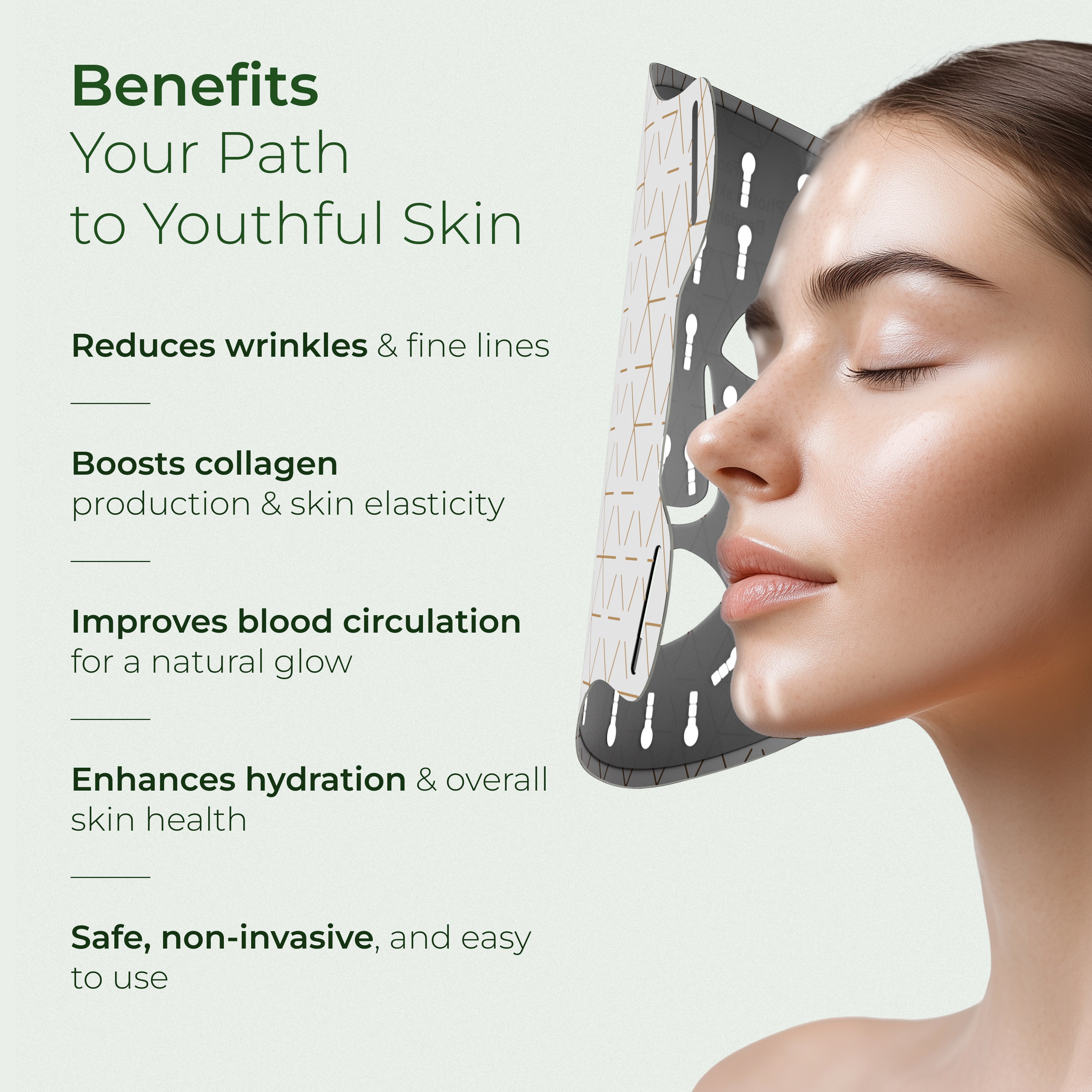



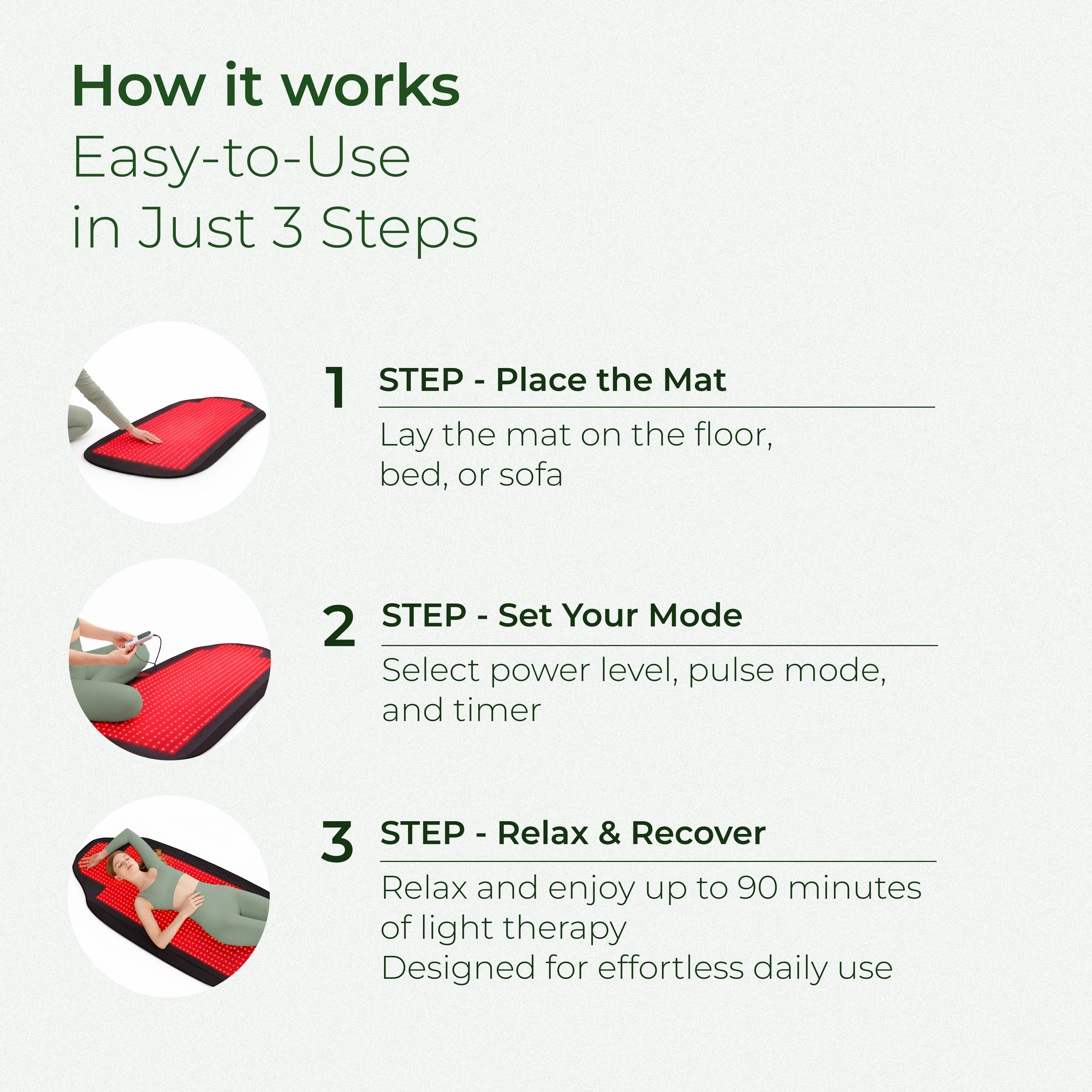


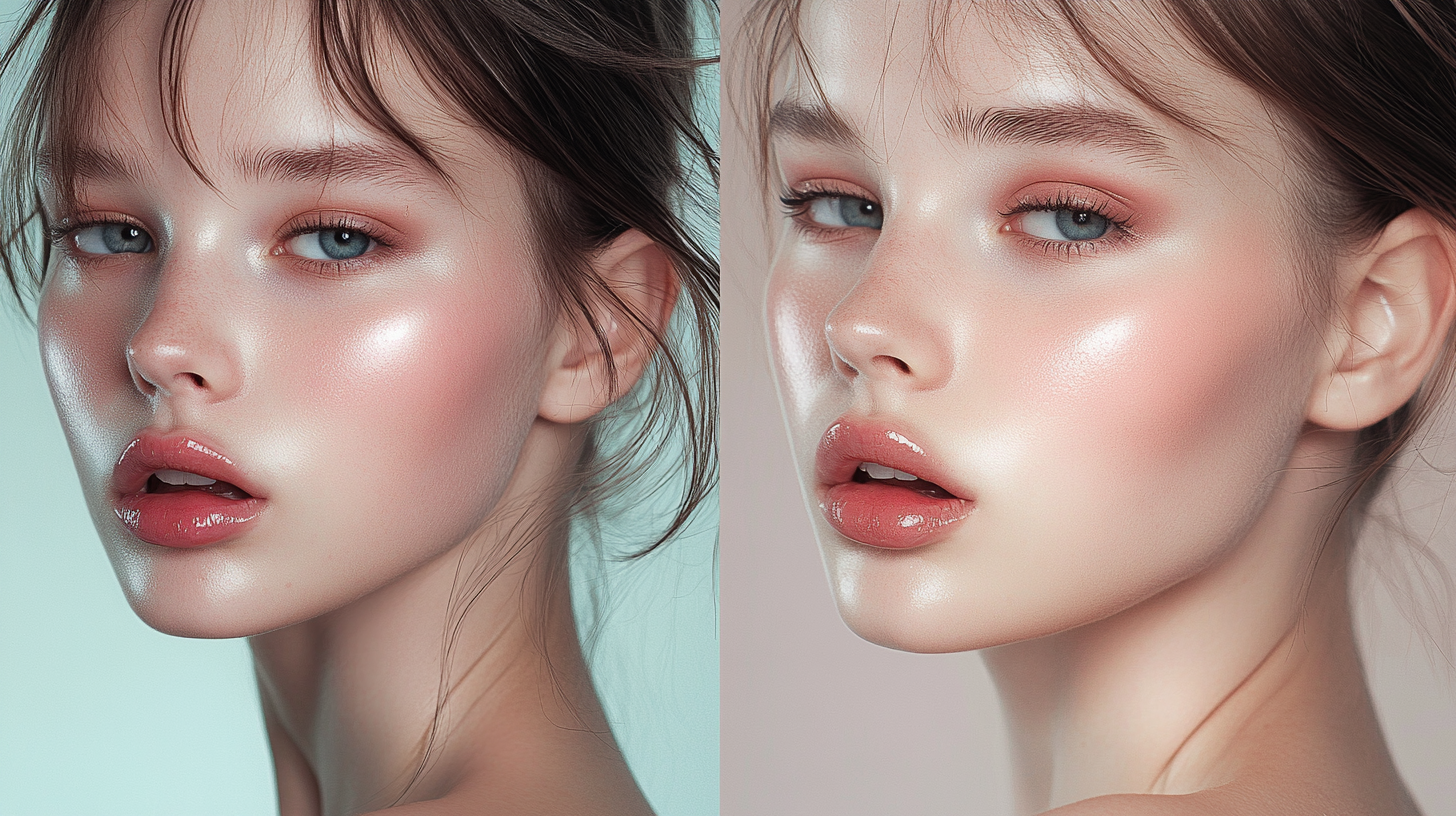
When caring for your skin, it’s essential to recognize that different skin conditions require tailored approaches. For example, those who suffer from acne or breakouts should be cautious about the products they use. Dermatologists often recommend non-comedogenic skin care products that do not clog pores, which can help prevent pimples from worsening. For those with dry skin, moisturizing becomes crucial, as inadequate hydration can exacerbate skin problems and lead to more significant issues such as cracks or increased sensitivity. Selecting products that are specifically designed for your skin type can make a substantial difference in maintaining healthy skin.
It’s also important to consider the impact of external factors like the sun. Ultraviolet (UV) rays can damage the skin, leading to premature aging and increasing the risk of skin cancer. Protecting your skin with a broad-spectrum sunscreen is one of the most effective ways to maintain skin health. This type of sunscreen shields your skin from both UVA and UVB rays, which are responsible for skin damage and the formation of scars after an acne breakout. Consistently using sun protection is a simple yet powerful way to protect your skin from the long-term effects of UV exposure.
In cases of skin conditions like eczema or rosacea, it’s advisable to consult with a dermatologist who can recommend specific treatments to alleviate symptoms and prevent flare-ups. These conditions often require a careful selection of skin care products to avoid irritation and to maintain the delicate balance necessary for healthy skin. Whether you’re dealing with acne, dry skin, or any other condition, understanding your skin’s needs and choosing the right care routine is key to avoiding complications and achieving a radiant complexion.